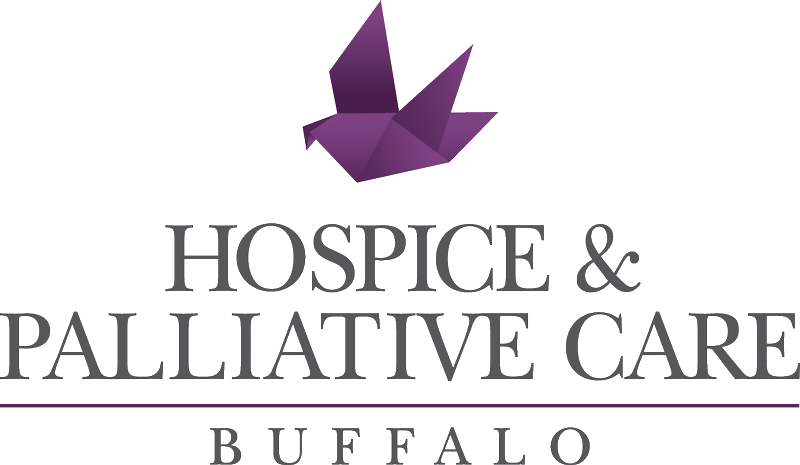Not Taught in Med School: Interpreting Dreams of the Dying
Not Taught in Med School: Interpreting Dreams of the Dying
A hospice doctor's TEDx Talk about his research on end-of-life dreams
April 11, 2016
By Emily Gurnon, Health & Caregiving Editor
When Dr. Christopher Kerr was a young physician, he visited a patient he calls Tom, who was very ill. Outside the room, Kerr told a nurse they could try antibiotics — that Tom had more time.
“Nope, he’s dying,” the nurse replied, without even looking up.
How did she know? Kerr asked.
“Because he’s seen his deceased mother,” the nurse said.
Kerr, chief medical officer at Hospice Buffalo in New York, discovered he needed to learn more about what end-of-life experiences meant.
He then led a research team from the Palliative Care Institute in Cheektowaga, N.Y. in a long-term study on dreams and visions in the dying. Based on extensive interviews with people who were dying, they examined what their dreams and visions consisted of, whether they perceived them as positive or negative and whether the dreams might serve as a predictor of when death would come.
In October 2015, after the results were published, Kerr gave a TEDx Talk about this for an audience at Asbury Hall at Babeville, in downtown Buffalo.
For details on what the researchers found, read this Next Avenue story,
“What the Dreams of the Dying Teach Us About Death.”
Or watch the TEDx Talk
